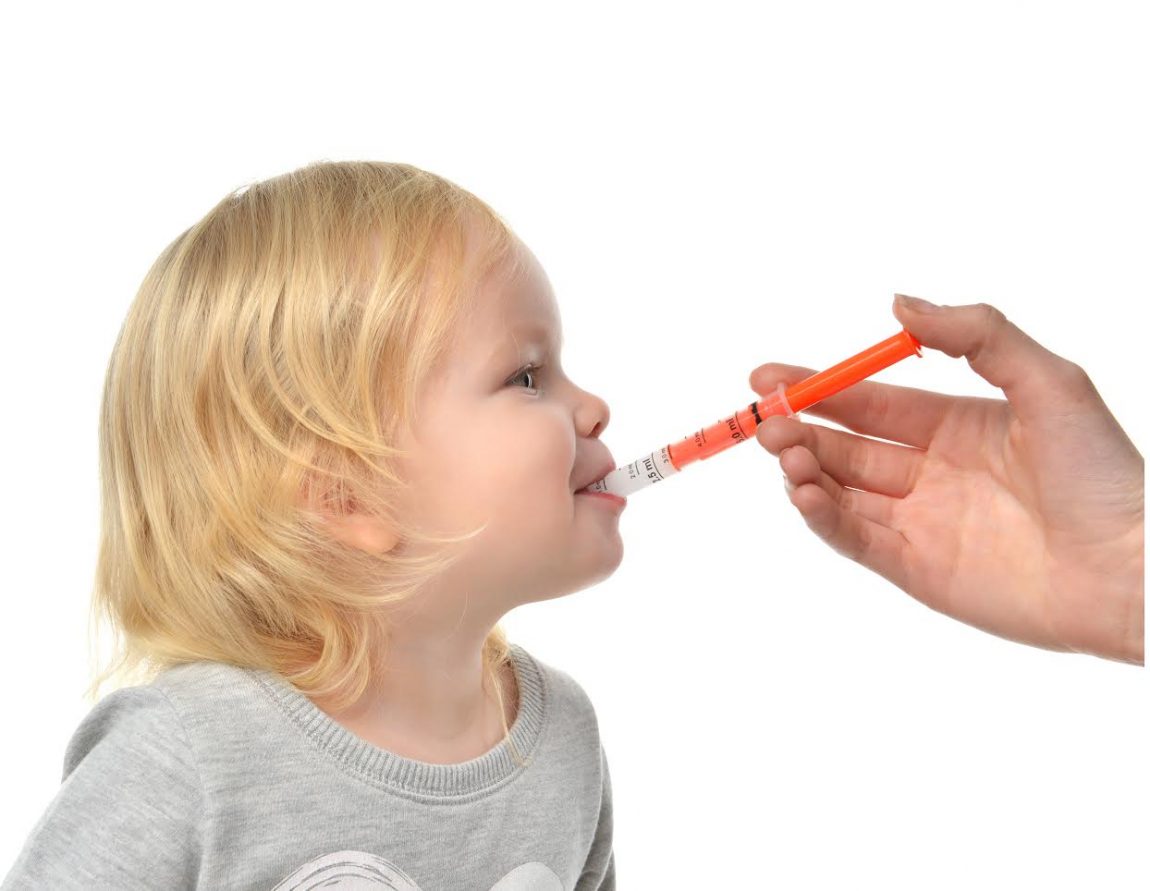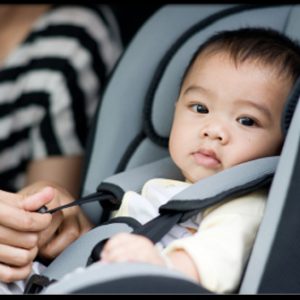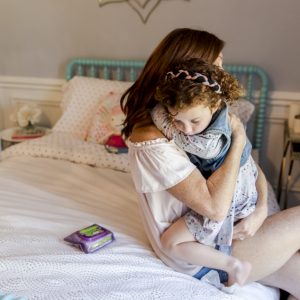
The 3 Most Common Mistakes Parents Make With Their Children’s Medicine
When our child is sick, our whole world gets turned upside down. We call out of work, cancel our plans, and focus all of our efforts on getting our child comfortable and back on his or her feet. We rush the the store and purchase every over the counter medication and start googling home remedies to cure a cough or runny nose. But what happens when our efforts aren’t working? We can’t seem to get the fever to come down or the cough is getting progressively worse?
Many parents rush to the pediatrician’s office or emergency room when the medications they are giving their child seem to not be working. It is important to remember that over the counter medications are designed to help lessen symptoms, not completely resolve them. However, many times the reason the symptoms aren’t getting better is because of simple mistakes parents are making. A recent study revealed that over 80% of parents of made at least one error when dosing their child’s medications. It is important that we are equipped with the right information to ensure that we are properly administering the medications we are giving our children. I having been working along side KnowYourOTCs for almost two years, educating parents on the proper use, storage, and disposal of medications. KnowYourOTCs is an incredible resource for all parents and I highly recommend KnowYourOTCs to all my own patients.
- Incorrect Dosing. According to a study conducted by the National Institute for Health (NIH), 8 out of 10 parents have given the wrong dose of liquid medicine by accident. Only use the dosing device that comes with the medicine to ensure proper dosing. Never ever use a kitchen spoon. Remember to dose your child based on their weight, not their age. A great tip is when you bring your child to the pediatrician for their annual checkup, ask the nurse or doctor to calculate the right dose of acetaminophen or ibuprofen for your child according to their weight. Find more tips on safe dosing here.
- Improper combination of medication. Before offering your child an OTC pain reliever, remember to always read the drug facts label first to ensure correct dosage and to make sure you aren’t double dosing because some other cold or flu OTC that you used contains acetaminophen. It is important that if your child is prescribed a medication, you talk to his or her pediatrician about what other medications they are able to take. I find that many parents are scared to use over the counter medications if their child has been prescribed a medication. Many times, it is not only safe but important in treating your child’s symptoms.
- Giving expired medication. Spring cleaning is a great opportunity to tackle your medicine cabinet. It is important to check the expiration date on your OTCs because once a medicine has reached its expiration date, it may not be able to provide the treatment you need. After you clean out your medicine cabinet, do you know how to properly dispose of your expired OTCs? If you’re scratching your head, it turns out, you aren’t alone. According to Harris Poll research conducted on behalf of the CHPA’s Educational Foundation:
- 62% of adults have never sought information on how to properly dispose of their unwanted or expired over-the-counter (OTC) medicines.
- 50% of adults say they typically dispose of unwanted or expired OTC meds in the trash, but only 8% mix them with undesirable substances before tossing.
The good news is in-home medicine disposal of all OTCs is safe and convenient. Follow these three simple steps from the U.S. Food and Drug Administration (FDA) to dispose of OTCs in your household trash:
- Mix medicines (do not crush tablets or capsules) with an unpalatable substance such as kitty litter or used coffee grounds.
- Place the mixture in a container such as a sealed plastic bag.
- Throw the container in your household trash.
In addition to in-home disposal, you can also take advantage of local disposal programs and community take-back days. Check to see if your local pharmacy has a safe medicine disposal program. Many have in-store disposal kiosks or provide them to local law enforcement agencies that allow the disposal of unwanted, unused or expired medication – both OTC and prescription drugs – anytime during business hours. The next U.S. Drug Enforcement Administration (DEA) National Prescription Take-Back Day is Saturday, April 28.
I’m proud to take part as a blogging ambassador with the CHPA (Consumer Healthcare Products Association) Educational Foundation and KnowYourOTCs.org. This is a sponsored post! While I have received compensation from the CHPA Educational Foundation, all opinions are my own.


